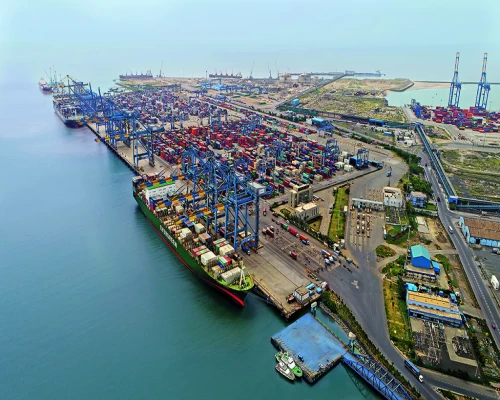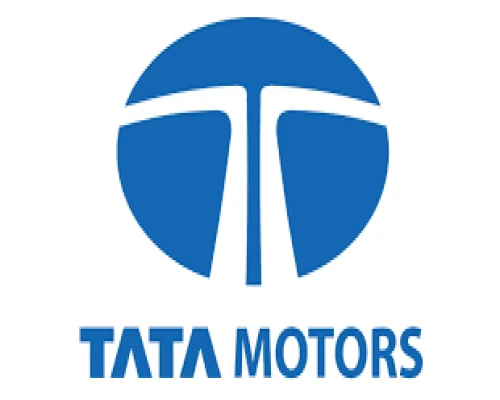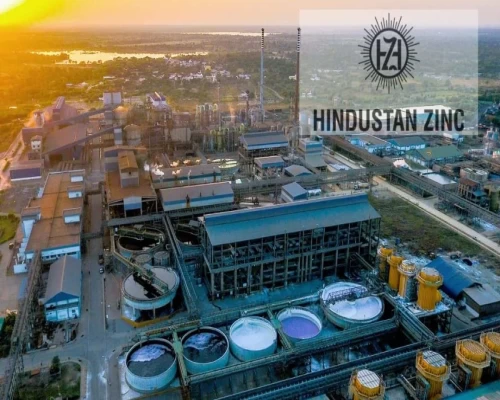
New Delhi: Dr Hanif Qureshi, Joint Secretary, Union Ministry of Heavy Industries, underscored the significance of maintenance systems in driving customer satisfaction and sustainable industrial growth during his keynote speech at the first FICCI awards for ‘Excellence in Maintenance Systems and Conference on Efficient Maintenance Systems for Sustainable Industrial Growth.’
“Maintenance is what drives customer satisfaction. We are working for customer satisfaction. We want the people to get a good product at competitive prices and high quality, which is the end for which we are working,” he said, underscoring the rapid expansion of the automobile industry, which is currently valued at approximately $150 billion.
He highlighted the anticipated growth of the electric vehicle (EV) segment within this sector, with a predicted compound annual growth rate (CAGR) of 26 per cent by 2030. This impressive growth, he explained, is primarily driven by supportive policies. He also mentioned the upcoming end of the FAME scheme in March 2024, stating that the government is now contemplating prolonging the scheme or somehow retaining its benefits. The ministry is in consultation with industry on this, he added.
Rajeev Sharma, Scientist-F and Deputy Director General of the Bureau of Indian Standards (BIS), alluded to the importance of standards and digitalisation in achieving sustainable industrial growth and maintenance. “In line with our honourable Prime Minister's call for speed, skill, and scale, we are adding the fourth 'S' for standardisation,” Sharma remarked.
Standards define the quality of goods and services, ensuring their safety, performance, reliability, and durability. However, their role is expanding from simply guaranteeing 'viable quality' to promoting 'virtuous quality', considering aspects like environmental sustainability and support for the circular economy.
With the rise of these emerging technologies, Sharma highlighted the importance of aligning our standards to match. He mentioned the prospects of digital calibration certificates, digital conformity assessments, and digital product passports. “Our standards must keep pace enabling these emerging technologies to benefit society.”
The BIS is closely monitoring international developments, committed to providing state-of-the-art smart standards for India. Sharma concluded with two fundamental questions: "Are we doing the things right, or are we doing the right things? Standards can help answer these questions."
Shyam Bang, Chairman of FICCI’s Manufacturing Excellence Taskforce and former Chairman of NABCB, spotlighted the importance of several factors in achieving manufacturing excellence, including maintenance, an element often undervalued in boardroom discussions. He stressed maintenance's crucial role in enabling the uninterrupted production of quality products.
Maintenance activities like preventive maintenance, calibration of equipment, corrosion monitoring, and training of engineers and technicians are crucial for an organisation's efficiency and longevity. Bang noted the importance of recognising the efforts of the maintenance teams, which were often overlooked despite their significant contribution. “We started the FICCI Awards for Excellence in Maintenance Systems to acknowledge their efforts,” Bang said.
V Sridhar, Chairman, FICCI Working Group on Plant Maintenance cast a new light on the traditionally underappreciated realm of maintenance operations. He highlighted its untapped potential in driving sustainable industrial growth. "Efficient maintenance systems extend beyond mere repairs and upkeep," he stated, emphasising that these systems incorporate proactive strategies, technological integration, and a comprehensive approach to resource optimisation. /BI/


_270_x_189.webp)
_500_x_400.webp)








